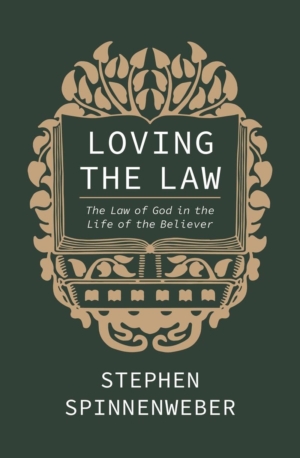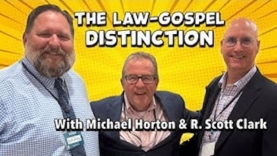By most accounts, the Reformation began when a young monk challenged ecclesiastical and academic authorities to debate a controversial practice that had developed in the late-medieval period. Why do we continue to remember it roughly five hundred years later? Waving off Martin . . . Continue reading →
Heidelminicast: Molech Then & Now
In this episode Dr. Clark talks about Molech. Continue reading →







